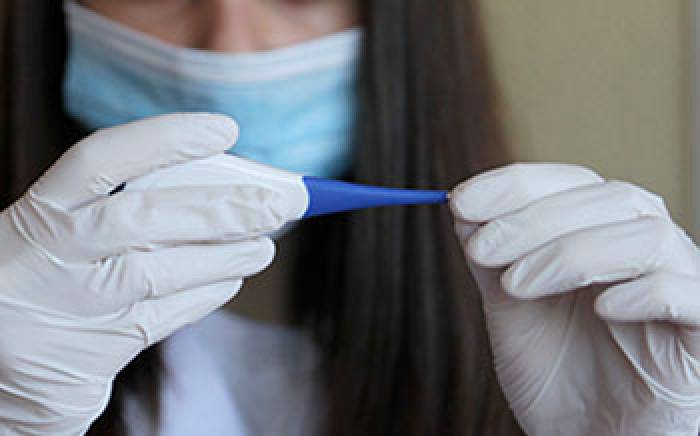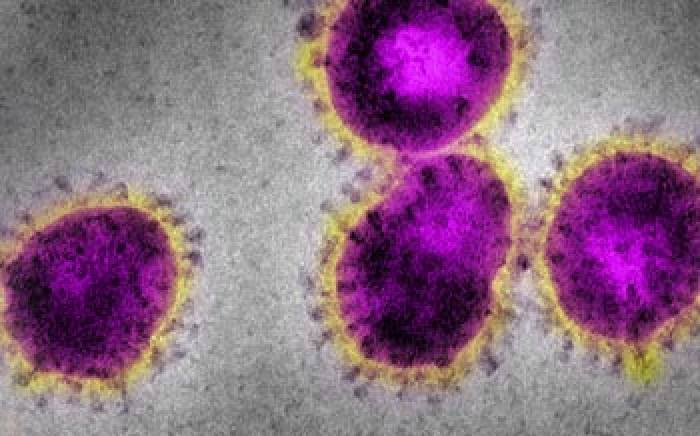 It’s hard to sort out what’s essential and what’s not while balancing everyday life in the middle of a pandemic. With a constant flurry of CDC guidelines, changing safety protocols, and the challenge of keeping your kids entertained at home, important things fall to the wayside – but regular health checkups shouldn’t be one of them.
It’s hard to sort out what’s essential and what’s not while balancing everyday life in the middle of a pandemic. With a constant flurry of CDC guidelines, changing safety protocols, and the challenge of keeping your kids entertained at home, important things fall to the wayside – but regular health checkups shouldn’t be one of them.
In general, the U.S. Department of Health and Human Services recommends that young children should see the doctor at each of these stages to make sure they’re meeting developmental milestones:
• 12 months old
• 15 months old (1 year and 3 months)
• 18 months old (1 year and 6 months)
• 24 months old (2 years)
• 30 months old (2 years and 6 months)
• 3 years old
• 4 years old
Older kids benefit from annual exams as well. Without regular consultation with a pediatrician, potentially life-threatening yet preventable conditions could go unnoticed such as depression, high cholesterol or body weight complications.
Jennifer Foersterling, MD, a Washington University Clinical Associates pediatrician at Premier Pediatrics, shares the importance of continuing wellness care, which includes measures such as screenings, referrals and vaccinations.
“It is imperative that parents continue to bring their children in to the pediatrician for well care during the COVID-19 pandemic,” Dr. Foersterling says. “Delaying vaccinations can lead to illness which would be otherwise preventable. Every year we catch children who have developed undiagnosed chronic disease such as diabetes, high blood pressure and asthma.”
Emotional and Mental Health
With continuing care, parents can be aware of any changes in their child’s health and have the opportunity for early intervention, which will provide better long-term outcomes for kids. And these changes aren’t exclusive to physical health. Isolation, physical distancing and fear surrounding COVID-19 can have a negative emotional impact on kids, but an underlying mental health issue may be difficult to spot.
According to Dr. Foersterling, “Doctors have been seeing an increase in anxiety and depression in children during the pandemic. Some parents are aware of their child’s concerns, but some are found on mental health screenings as part of their well child check.”
If a child does have an undiagnosed mental health issue, their pediatricians can identify the problem, open the dialogue with families and provide helpful resources and treatment options. Keep in mind that cases of depression and anxiety may increase this winter as it gets colder, darker and outdoor physically distanced activities are no longer available.
Flu Shots
Another way to help kids stay healthy in the coming months is to take them in for their annual flu shot. The added threat from COVID-19 will make this particular flu season dangerous, and vaccinations will work as a critical line of defense.
“While the flu vaccine does not prevent all illness, it does significantly decrease a child’s risk of serious illness and death. This year it is especially important to keep children as healthy as possible,” says Dr. Foersterling.
Standards and Safety
Understandably, parents and kids might be apprehensive about visiting a doctor during the pandemic, but pediatrician offices and St. Louis Children’s are going above and beyond to make visits to the doctor safe for kids and families.
In addition to hand sanitizing stations and physical distancing, Dr. Foersterling says “Office staff are wearing masks, sanitizing between patients and either having separate sick and well waiting areas or keeping families out of the waiting area and bringing them directly into rooms. Some offices are providing some care at the child’s car as well.”
For answers to questions about regular care during COVID-19, call your pediatrician. For help finding a pediatrician, call the referral specialists at St. Louis Children’s at 314-454-KIDS (5437).









